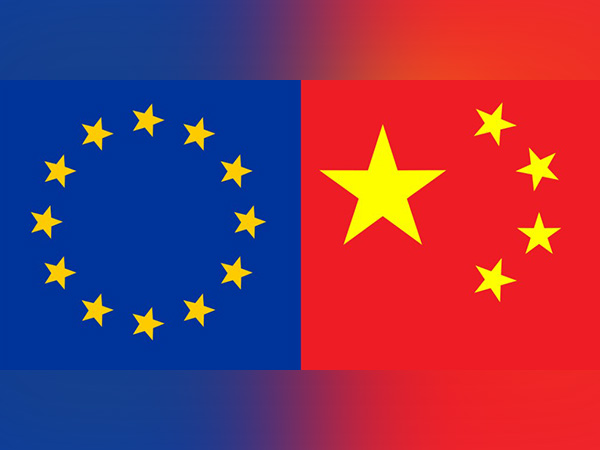EU Raises Tibetan Rights at Landmark EU-China Summit Amid Diplomatic Tensions
During the 25th EU-China Summit in Beijing, the European Union highlighted severe human rights issues in Tibet, underscoring Tibet as a pivotal issue in their bilateral relations. Both sides acknowledged 50 years of diplomatic ties, yet the EU urged action against ongoing rights abuses in Tibet, citing interference in religious activities.

- Country:
- Belgium
In an assertive move at the 25th EU-China Summit in Beijing on July 24, 2025, the European Union spotlighted escalating human rights violations in Tibet, igniting a focal point of contention in EU-China relations, according to the Central Tibetan Administration (CTA).
Notably, the summit, which coincided with the 50th anniversary of EU-China diplomatic engagement, convened prominent leaders such as European Council President Antonio Costa, European Commission President Ursula von der Leyen, EU High Representative Kaja Kallas, and Chinese President Xi Jinping. Amidst broader discussions, the EU kept Tibet central by criticizing systemic rights violations and religious freedoms interference.
The EU drew from its June 2025 Human Rights Dialogue in Brussels, where it criticized China's actions in Tibet, particularly regarding the Chinese Communist Party's influence over the Dalai Lama's succession. The EU stressed that Tibetan Buddhist traditions should solely determine this spiritual process absent of political meddling. Additionally, the EU denounced the repression faced by Tibetan human rights advocates and the broad curbing of freedoms across Tibet, citing particular instances of detained or missing Tibetan figures as evidence requiring immediate address.
Despite the diplomatic veneer of the summit, the reiterated focus on Tibet underscored the enduring political and ethical divides between Brussels and Beijing. Rigzin Genkhang, representing the Office of Tibet in Brussels, praised the EU's acknowledgment but urged for concrete measures to ensure accountability. The CTA framed the EU's ongoing focus on Tibet as essential for amplifying Tibetan advocacy globally, calling on EU leaders to move from rhetoric to sustained policy initiatives amid intensifying Chinese control in Tibet.
(With inputs from agencies.)










